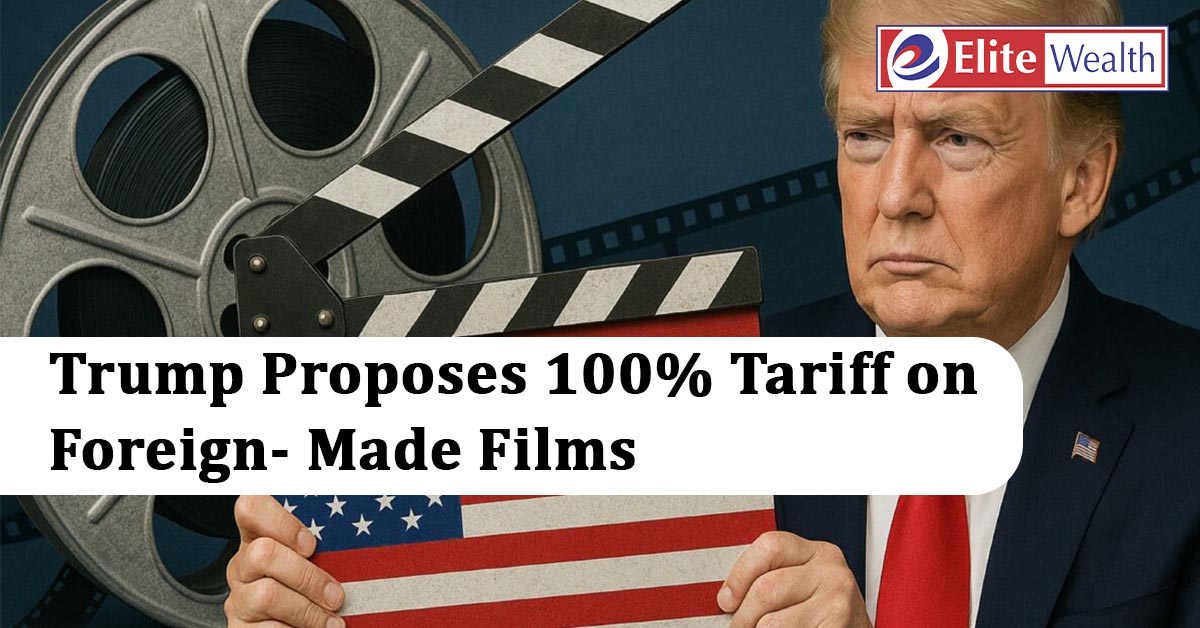
President Donald Trump has announced plans to impose a 100% tariff on all films produced outside the United States, marking a potential first in U.S. trade policy for the movie industry. The proposal, initially raised in May, aims to address perceived losses in domestic film production.
Trump’s Statement
In a post on Truth Social, Trump argued that the U.S. film industry has lost projects to other countries, comparing it to “stealing candy from a baby.” He noted that California, the hub of Hollywood, has been most adversely affected by these offshoring trends.
Legal and Industry Concerns
The White House has not clarified how the tariff would be enforced or the legal basis for such a move. Major studios, including Warner Bros Discovery, Paramount, Skydance, and Netflix, declined to comment. Comcast also refrained from issuing a statement.
Hollywood productions increasingly rely on international collaboration for financing, visual effects, and post-production. Countries like Canada, the UK, and Australia have attracted large projects through tax incentives. According to the Motion Picture Association, U.S. film exports reached $22.6 billion in 2023, generating a $15.3 billion trade surplus.
Union Response
After the initial proposal in May, American film unions and guilds urged the administration to instead provide tax incentives for domestic productions, arguing that this would more effectively bring projects back to the U.S.
Trade and Digital Distribution Challenges
With films now delivered digitally via streaming platforms and cinema packages, the proposal raises questions under international trade rules. The World Trade Organization has maintained a moratorium on customs duties for electronic transmissions since 1998, which the U.S. supports. Additionally, commitments under the General Agreement on Trade in Services (GATS) require non-discriminatory access for audiovisual content.
Summary
President Trump has proposed a 100% tariff on foreign-made films, aiming to protect the U.S. film industry and curb offshoring of production work. The plan has raised legal, trade, and industry concerns, as major studios and unions question enforcement and effectiveness. While the U.S. currently enjoys a strong $15.3 billion trade surplus in film exports, international trade rules and digital distribution may complicate the implementation of such tariffs.
Disclaimer:
This article is intended solely for educational and informational purposes. The securities or companies mentioned are provided as examples and should not be considered as recommendations. Nothing contained herein constitutes personal financial advice or investment recommendations. Readers are advised to conduct their own research and consult a qualified financial advisor before making any investment decisions.
Investments in securities markets are subject to market risks. Please read all related documents carefully before investing.


